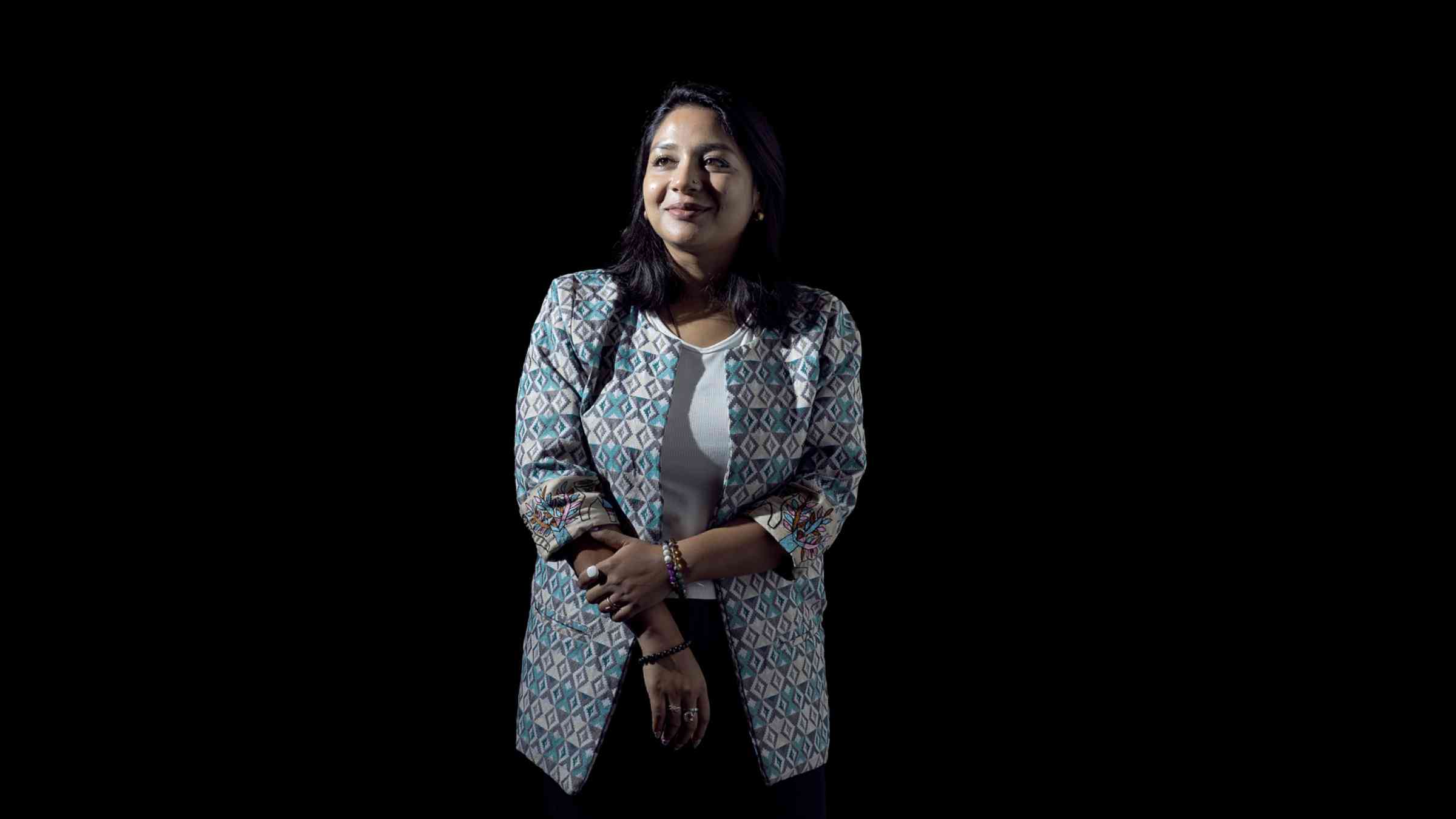Ankita Shah: “Disaster risk reduction is not a separate issue. It should be included in every developmental sector”

Ankita Shah from Kathmandu in Nepal is the Executive Director of Bighnaharta Nepal, a non-profit organization based in the country’s capital Kathmandu.
She was not always meant to work in disaster risk reduction (DRR). After graduating with a bachelor’s degree in PR and advertising, and working in that sector for a couple of years, she realized that it was not for her. “I decided to switch and did my master's in crisis management. In 2015, our country was struck by a massive earthquake. We were all affected by its impact. That is how my DRR career started.”
“After working in this sector for quite some time now, what I have realized is that disaster risk reduction is not a separate issue,” Ankita notes. “It should be included in every developmental sector. Most importantly, we need to combine it with the economy. That is how it is going to be sustainable.”
She continues: “We work mostly at the rural grassroots level. When people do not have food to put on the table, do not have job opportunities, do not earn an income, then disaster risk reduction becomes a secondary issue for them. That is why they are so vulnerable.”
Based on this premise, Ankita’s organization works to holistically address disaster risk reduction, livelihood and social entrepreneurship, sustainability being the cornerstone of it all.
For instance, Bighnaharta Nepal has successfully implemented nature-based solutions in the municipality of Raksirang Rural, in Makwanpur, Bagmati Province. There, under the leadership of Ankita and her team, 900,000 broom grass saplings have been planted to date by 1,610 Chepang and Tamang households, transforming more than 1,000 landslide-prone areas and 300 barren lands into thriving spaces, thereby also creating sustainable income for these marginalized communities.
Overall, the risk of landslides was reduced by an impressive 90 per cent, not only saving lives and livelihoods but also fostering a sense of security and hope. By enabling the communities to earn a decent living, the work has contributed to improving their living standards and instilled a sense of ownership, local leadership, accountability and empowerment.
“That is where I see our organization going forward, replicating this type of solution in each and every community that we go into,” Ankita says.
When it comes to gender, Ankita applies the same holistic rationale: “gender inequalities are not just in DRR of course; it is an entire social construct and cuts across all sectors.”
By her own admission, Ankita started experiencing gender discrimination when she entered the job market. “Fortunately, I was lucky enough to receive equal education. I got the opportunity to study and do what I actually wanted to do and follow my passion. However, I started experiencing some discrimination afterwards, not receiving fair acknowledgement for the work done, not being chosen on the basis of my merit, not being listened to, trusted or believed in, and so on.”
Now being the Executive Director of an NGO, Ankita takes pride in applying equality and equity principles across the organization and throughout its work.
To the women who think of getting involved in DRR, she sends the following message: “it must be something that you are passionate about, otherwise it is not worth it. You also need to be fearless because there will be a lot of hurdles, as women, especially in our part of the world. Do not let them demotivate you. Always look forward and have hope that you can make it. Finally, be professional in every you do. Bringing together your passion and your professionalism is how you will succeed.”